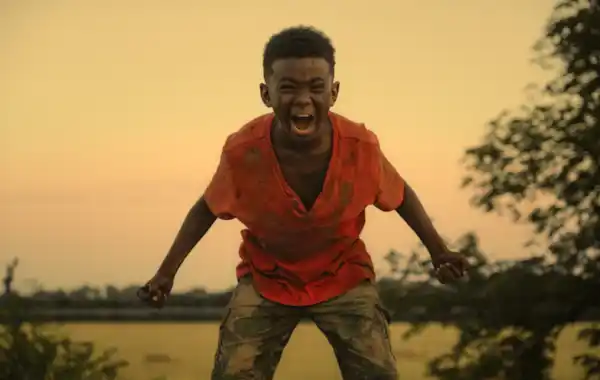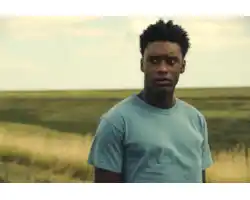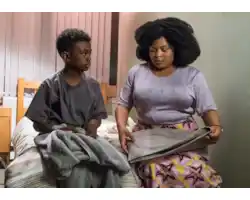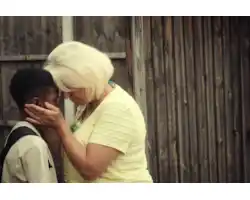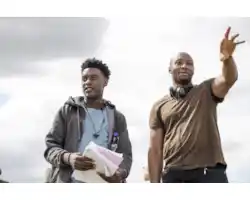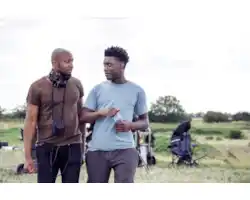24 September 2019
|
In his semi-autobiographical film, The Last Tree, writer and director Shola Amoo tells the story of a Nigerian British foster child and his quest to find his place in the world and make sense of his roots. Set in the UK, Lincolnshire and London
The Last Tree
Written & directed by Shola Amoo
The importance of knowing who you are by knowing your roots is a concept familiar many to family history enthusiasts. In his new film, The Last Tree, director Shola Amoo, explores just this theme in his semi-autobiographical tale of Femi. But for Femi, the quest to gain a sense of who he is, to belong, is not a matter of idle or cosy curiosity. Instead it goes to the heart of his life – and his lack of roots very nearly completely sabotages his future and costs him his life.
A British boy of Nigerian heritage, Femi was raised through his early years in foster care in rural Lincolnshire – an idyllic childhood of playing outdoors with friends, freedom and community. Abruptly removed from all he knows, his mother takes Femi, as a young teen, to live with her in inner-city London. Yet the lack of sure foundations – the damaged bonds, the cultural and generational clash between mother and son – are not easily repaired.
Shola Amoo recognises this sense of conflict, of different identities wrestling inside a person, and of the time it takes to make sense of them, as you grow up.
Speaking of migrant peoples Amoo explained, ‘When you make that journey to a new land, you hold on to the cultural customs and pass them on to the next generation’. On re-entering his life, this was something Femi’s mother was keen to do, to try to build the bonds with her son, to share her religion and heritage. ‘But you have to adopt the codes and customs of the new country too,’ went on Amoo. This dichotomy seems to isolate Femi further, as his school and peer group had values so very different to his mother’s.
This sense of cultural heritage and rootedness is really important as, when moving to a new country and culture, the stakes are high: ‘It’s an enormous leap. To move. To set up a new life,’ said Amoo. ‘And in seeking a better life, and the best for your children, many people lose the prestige they may have had in their homeland.’
It can be hard for others to see the motives and relate to the back story of another person’s life too. This is certainly something Femi experienced in his views regarding his mother. His over-riding feelings seem to be of anger – towards his mother for taking him from all he knew; and for this father who was never on the scene.
The Last Tree is a deeply personal tale, but it’s one that many people will relate to – the complexity and fragile and fragmented nature of some family relationships. Ultimately it’s a positive journey too though. Amoo: ‘I don’t think you can really know your future without knowing your past. Knowing my culture; that I’m Nigerian as well as British. that’s given me the strength and clarity to move forward in my life.’ It’s not a case of choosing an identity, but coalescing a sense of yourself. ‘We are all a multitude of things at different times in our lives. But you can keep all of these aspects, and find your own cultural identity,’ explained Amoo. ‘Understanding our own history is really key to understanding where we can go.’ And if that’s not testament to the power and importance of family history, I don’t know what is!
The Last Tree is a beautifully produced piece of cinematography – stunning attention to detail and an exquisite soundscape – and this carefully crafted nature of the work seems to heighten the harrowing, visceral journey of Femi’s youth. It’s a poignant and thought-provoking work, but a film I’d certainly highly recommend.
The Last Tree will be in the cinema from 27 September; run time 99 minutes, starring Sam Adewunmi, Gbemisola Ikumelo, Denise Black, Tai Golding and Nicholas Pinnock.
Review by Helen Tovey







